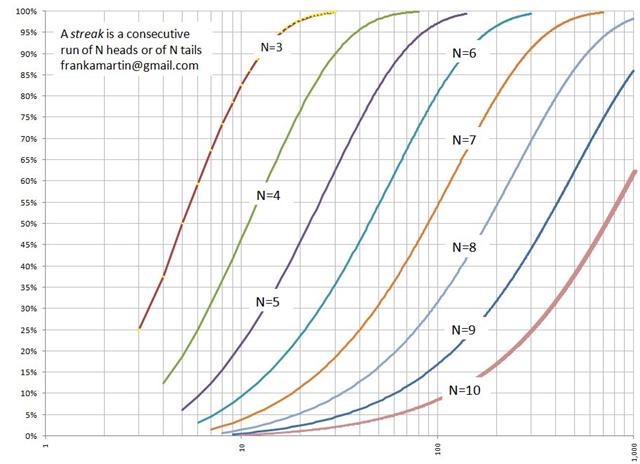Ask The Wizard #232
A fresh game show has launched in the UK, titled ' Colour of Money . In this competition, a single participant is assigned a target sum, typically varying between £55,000 and £79,000. To accumulate winnings, they select 10 from a set of 20 ATM machines, each containing between £1,000 and £20,000, increasing in increments of £1,000. Once a machine is chosen, it will start counting up from £1,000, adding £1,000 as it goes.
The contestant has the option to shout 'Stop!' at any point, securing the amount displayed on the screen. However, if they fail to stop before the machine exhausts its funds, they walk away with nothing. An assistant shares useful statistics, including how many machines remain to be activated, the total still available to earn, the average amount needed from each remaining machine, and the total amounts left in the machines.
A player can take advantage of the sequential nature of the machines; for example, if the previous picks were £4k, £5k, and £6k, it guarantees that a machine that is above £3k will yield at least £7,000. I’m curious about what strategies a player might employ in this situation.
This is the type of puzzle I could analyze endlessly. Unfortunately, I only got around to your message nearly three months later due to a backlog of inquiries for the 'ask the Wizard' series. The Wikipedia page suggests that the show did not perform well and was canceled. Nevertheless, it still presents an intriguing problem to ponder over.
The host conveniently provides the average amount needed per remaining machine to win the game. After extensive calculations, I can't seem to come up with better advice than to aim for a stopping point approximately 25% higher than the average required. This is merely a calculated guess, so I wouldn't ask for proof of its optimality. As you mentioned, utilize the gaps and avoid stopping right before an amount that has already been chosen.
If there are only two machines remaining, and the total sum required is £13,000 or less, I would try to collect the full amount from the second-to-last machine. For totals of £14,000 or more, I'd aim to gather half of it from the next available machine.
In case they decide to revive this show, I hope my followers in the UK keep me updated. This is the sort of puzzle I could easily get lost in, similar to the Eternity puzzle , which, incidentally, also hails from the UK.
P.S. Why is it that in the UK you spell 'colour' with a 'u'? It doesn’t seem logical to me.
If I flip a coin a thousand times, what is the likelihood of observing a series of at least 10 heads or tails consecutively?
It's amusing that you asked; a different reader recently sent me an academic paper on this very subject. This paper contains a graph indicating that the probability is around 62%.

For more on this topic, please visit What were the Chances of Experiencing Such a Disastrous Streak at the Casino? (483K) by Frank Martin.
While in Las Vegas, can I use a cheat sheet or hint chart at the Blackjack table?
Absolutely, provided it doesn’t disrupt the game for other participants too significantly.
My wife aspires to hit the jackpot on slot machines. She has $5 in free play. What is the optimal strategy for her? She’s not looking to extend her gaming time and will leave once her initial $5 is exhausted, with no interest in using any winnings.
I would suggest making a single bet on a $5 three-reel, single-line game. After one spin, whether she wins or loses, she should walk away.
What are the consequences of being caught card counting on a cruise ship? Will they kick you off at the next port or...throw you overboard?
They make you walk the plank.
Just teasing. Speaking from experience with the Norwegian Star, they politely let you know that blackjack is off the table, but you can still enjoy other games. This is a common approach among land-based casinos as well. Other cruise lines likely follow suit.
Most or all casinos here in Oklahoma require blackjack players to place a $0.50 ante before every hand. This obviously gives the house a considerable advantage. The rules generally state hit on 16, stand on soft 17, blackjack pays 3-2, no surrender, and double down after splitting. How does this affect the house edge, and is the only way to mitigate that by increasing your bets? I was estimating a 10% edge (since you’re effectively wagering $5.50 to potentially win $5). Is the math as straightforward as that?
When you wager $5, excluding the 50-cent fee, it actually raises the house edge by 9.09%! The formula for calculating this increase is c/(b+c), where b represents the bet and c denotes the commission. With approximately 60 hands per hour, the commission could cost you around $30 each hour (which is quite steep!).
For the benefit of others, Oklahoma casinos operate similarly to those in the Los Angeles area, where players take turns betting. If you can handle the risk of covering other bets at the table, feel free to participate. When it’s not your turn, refrain from betting.


